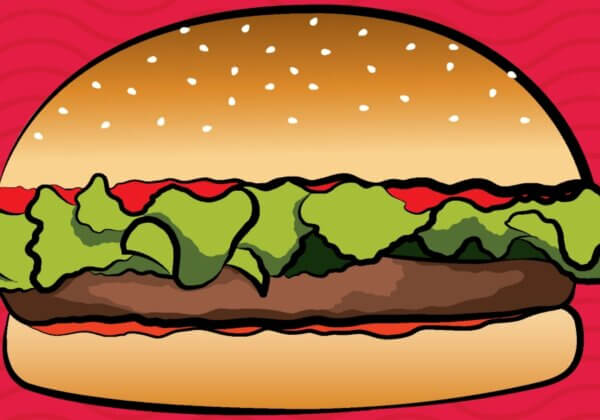World Health Day 2016: Prevent Diabetes With What You Eat
World Health Day, sponsored by the World Health Organization, is celebrated every year on April 7 to raise awareness of health issues.

The main goal of the World Health Day 2016 campaign is to inform people about the increasing prevalence of diabetes. According to the Asian Diabetes Prevention Initiative and other studies, Asians have a higher risk of developing type-2 diabetes, even at a lower body mass index by comparison with those of European ancestry. Sixty percent of the world’s diabetic population is Asian.
While the impact of diabetes is staggering, the great news is that lifestyle changes such as healthy plant-based eating and exercise can help prevent the disease. The American National Institutes of Health and the Centers for Disease Control and Prevention agree that one of the most effective ways to prevent or treat diabetes is to consume more vegetables, beans, and whole grains while eating less animal flesh. Numerous studies have found that plant-based eating improves diabetics’ health and reduces the risk of developing the disease in the first place.
According to a study conducted by the University of California and published in Diabetes in Control, patients with type-2 diabetes who ate low-fat vegetarian foods lost significantly more weight than those who ate meat and dairy foods. The patients who followed a vegetarian lifestyle saw their cholesterol levels drop significantly, while the patients who followed the other guidelines actually saw their cholesterol levels increase.
Several studies have found a link between the consumption of dairy foods in childhood and the development of type-1 diabetes. A report by researchers at the Clinical Nutrition and Risk Factor Modification Center at St. Michael’s Hospital in Toronto stated that eating healthy plant-based foods led to improved glycemic control, reduced lipid levels, and reduced rates of renal disease. The researchers urged diabetics to substitute “soy or other vegetable proteins for animal protein” and predicted that vegetarianism “will produce very significant metabolic advantages for the prevention and treatment of diabetes and its complications.”
According to the American Academy of Nutrition and Dietetics, vegetarians have lower rates of diabetes (as well as lower rates of heart disease, specific types of cancer, and obesity) than meat-eaters do. Although the causes of diabetes are often complex, there is strong evidence that vegetarian eating can help prevent and treat diabetes. Here are a few reasons why.
Saturated Fat and Cholesterol

Saturated animal fats—found in meat, eggs, dairy foods, and other animal-derived products—raise our blood cholesterol to dangerous levels, which clogs our arteries. Diabetics are at a heightened risk of developing heart disease, so doctors recommend that they pay particularly close attention to their intake of saturated fat and cholesterol. Eating vegan foods eliminates cholesterol intake and drastically reduces the intake of saturated fat.
Obesity

Any doctor will tell you that being overweight increases your risk of developing diabetes and that it’s crucial for diabetics to keep their weight in check. Vegetarians are far less likely than meat-eaters to be overweight, which is probably a large part of the reason why vegetarians are less likely to develop diabetes. In fact, vegans are nine times less likely to be obese than meat-eaters are. By slimming down with plant-based eating, you will look great in your bathing suit while significantly improving your health!
Iron

There are two kinds of iron that humans ingest: heme iron (found in animal-derived products) and nonheme iron (found in plant-based foods). A study by Harvard researchers found that consuming heme iron from pig and cow flesh increased a person’s risk of developing type-2 diabetes, whereas the consumption of nonheme iron was not found to increase this risk.
Fiber
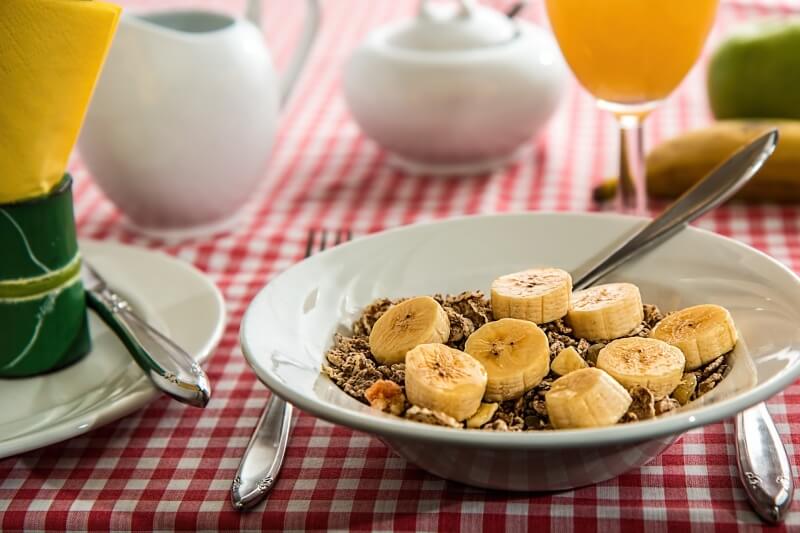
Nutrition research strongly indicates that eating large amounts of dietary fiber dramatically reduces the risk of developing diabetes. Fiber lowers blood glucose levels, which can improve diabetics’ health significantly. There is no dietary fiber in animal flesh, eggs, and dairy foods—fiber is found only in plant-based foods. By going vegetarian and loading up on fiber-rich beans, whole grains, fruits, and vegetables, you’ll be making a significant investment in your health.
Dump Dairy Foods
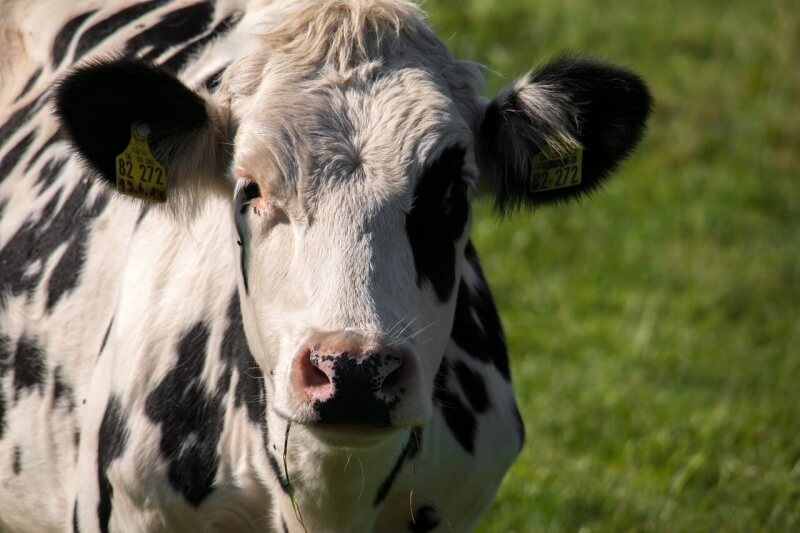
The multibillion-dollar dairy industry continues to push cow’s milk on kids, despite very strong evidence that dairy foods can lead to a wide array of health problems, including diabetes. According to Dr. T. Colin Campbell, a nutrition researcher at Cornell University and director of the largest epidemiological study in history, “[T]he depth and breadth of evidence now implicating cow’s milk as a cause of Type 1 diabetes is overwhelming, even though the very complex mechanistic details are not yet fully understood.”
When you’re at the grocery store, look for dairy substitutes, including soy, rice, and almond milks.
Preventing and Treating Diabetes
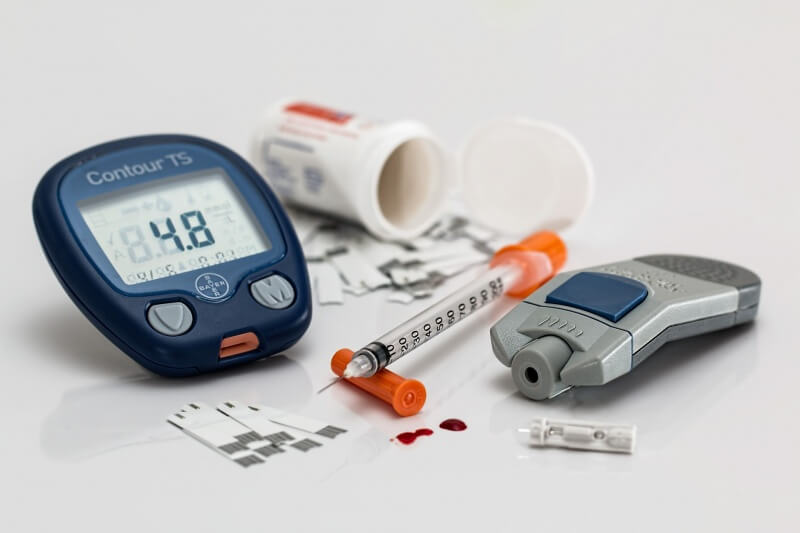
The high levels of saturated fat, cholesterol, and heme iron in animal-derived products put people at risk of developing diabetes (or of worsening the disease if they already have it). A steady intake of nutritious vegan foods such as beans, nuts, whole grains, fruits, and vegetables can give you all the healthy plant protein and iron that you need while eliminating your consumption of cholesterol and saturated animal fats.
Preventing the development of diabetes—and controlling it in people who already have it—is complex, and some factors are still unknown.
A groundbreaking 2006 study published in the journal Diabetes Care found that 43 percent of people with type-2 diabetes who adhered to low-fat vegan eating for 22 weeks reduced their need to take medications in order to manage their disease, compared to only 26 percent of those who followed the recommendations of the American Diabetes Association. One of the study’s researchers stated that “[t]he [low-fat vegan] diet appears remarkably effective, and all the side effects are good ones—especially weight loss and lower cholesterol.”
Good News
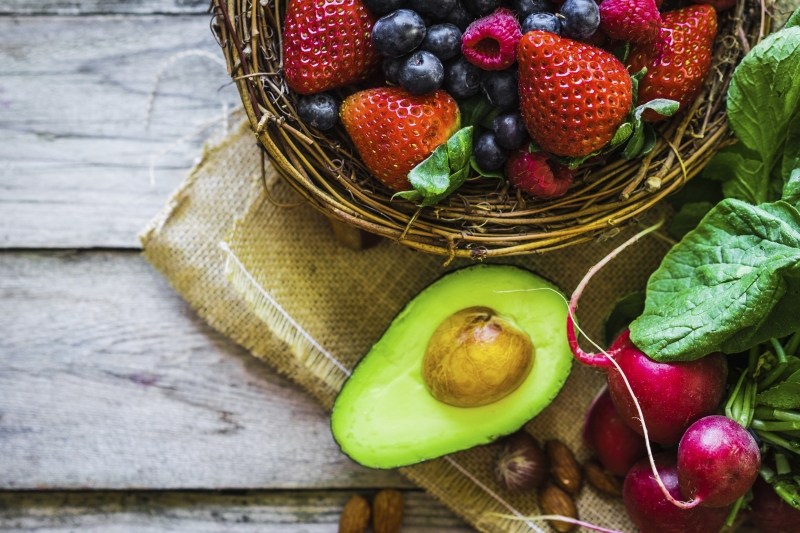 ©iStock.com/ehaurylik
©iStock.com/ehaurylik
We have all the resources that you’ll need to go vegetarian. Pledge to go vegetarian and get on the path to a healthier you today!


